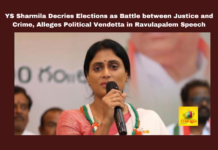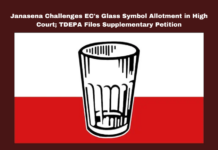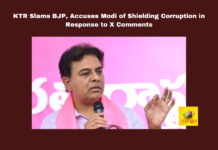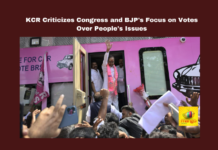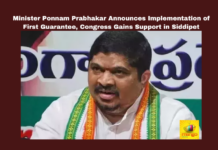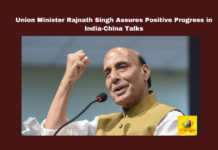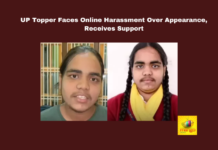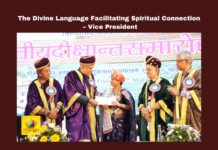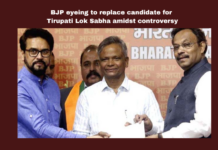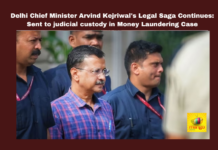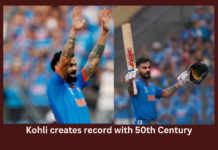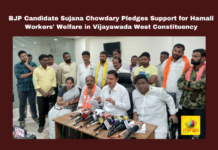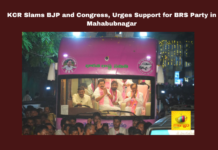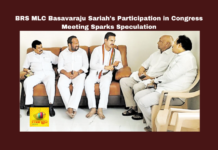On the twelfth of April, the Supreme Court (SC) refused to stay the electoral bonds scheme announced by the Centre.
According to the terms of the electoral bonds scheme, anonymous funding can be given to political parties. Passing the stay order, the SC now said all parties have to submit details of all the funding they received to the Election Commission of India (ECI) by the 30th of May.
This move was made after petitions were passed stating there was a lack of transparency in the case of donations received by the contesting parties.
The petition was brought to the SC by the NGO, Association of Democratic Reforms (ADR.) The NGO asked the Court to either remove the insurance on the electoral bonds or the names of the donors to be made public.
Defending the Centre’s stance on having anonymous funding, Attorney General K.K. Venugopal said this move was taken to ensure there was no use of black money during the elections.
“So far as the electoral bond scheme is concerned, it is a matter of policy decision of the government and no government can be faulted for taking policy decision,” Venugopal said. Defending the scheme further, Venugopal added by saying if the SC really wants to probe the matter, then it can look into the scheme after elections are over.
Announced in January 2018, the Electoral Bond Scheme was an initiative launched by the Centre to help citizens of India buy bonds. The purchase can be either made through a single purchase or can be done by a group of people.
These bonds can only be purchased by political parties registered under Section 29A of the Representation of the People Act, 1951. Furthermore, these bonds can only be availed by those parties who secured more than 51% votes during the last Lok Sabha elections. The purchase of the bonds can only be made via bank transfers through authorised banks.
With the new stay order on the bonds, the SC said it will go through all the details given by the political parties and will schedule a hearing at a later date.
Stay tuned for more updates.




